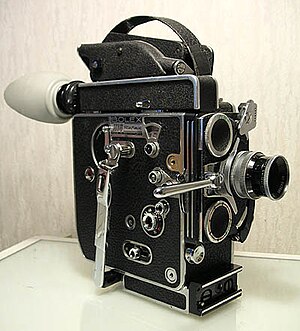Why are films so sexist? I do not have the answer, but they are. In spite of grumpy government ruminations that film studies is a ‘soft’ subject, the medium is a vital expression of our cultural values. Films are mesmerising propaganda tools too. The recent The King’s Speech (which I have not seen, and thus am not reviewing) makes use of the ‘personal triumph against adversity’ genre, which any filmgoer will know, and molds it around one of the richest and most powerful men of his time (he liked people to call him Emperor of India) overcoming a speech impediment. Thus, we have a film in which we hoi poloi and made to root for power and establishment, despite the fact that when applied to life it is against our best interests.
There are many who blithely will tell anyone who cares listen that feminism is no longer necessary as we have sexual equality. Such people will cite all sorts of anecdotes to say it is so, but refuse to listen to the evidence that every sphere of power and money in the UK is dominated by men, be it government, banking, board rooms, chief police officers. And film operates as an amplifying feed-back loop on our society: film reflects our values, intensifies them and dictates them back to us. That is why film studies are necessary, and how they gratuitously exacerbate inequality.
A few days ago, my friend Hannah introduced me to the Bechdel Test. It seems that everyone else knew about this but me. The Bechdel Test was created by Alison Bechdel in her comic strip Dykes to Watch Out For to demonstrate the overwhelming sexism of film medium. It is a very simple set of three criteria that any film should be able to pass easily, but almost all fail. The criteria are that a film must contain at least one scene in which
- There must be at least two women (usually interpreted to mean two named women characters)
- They must talk to each other
- They must talk about something other than men


